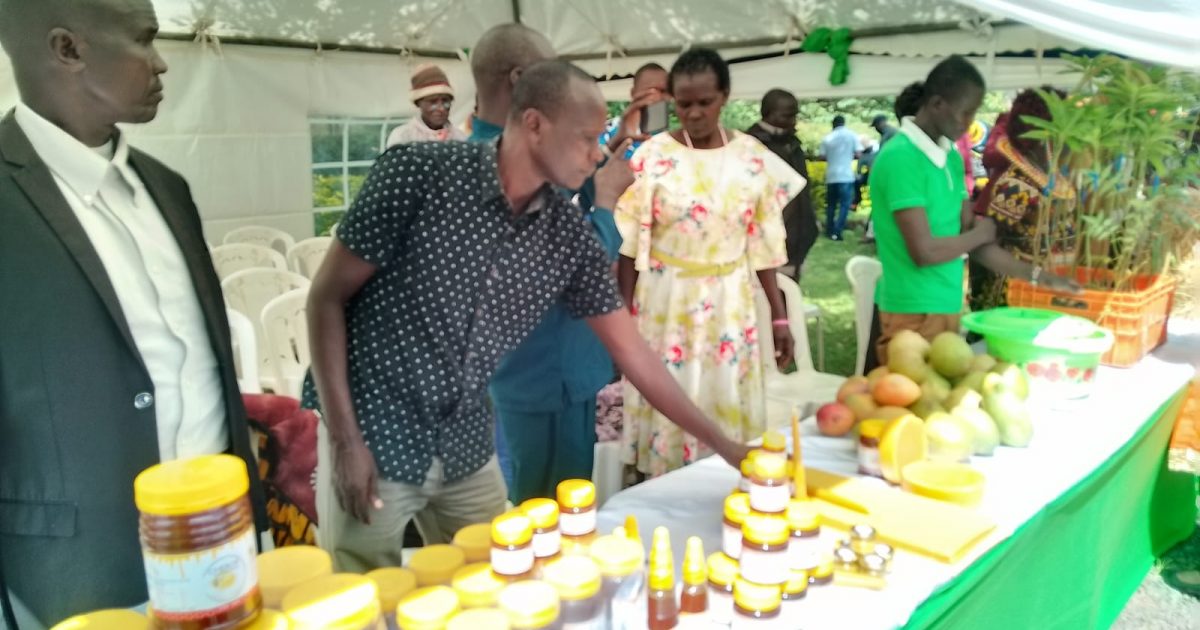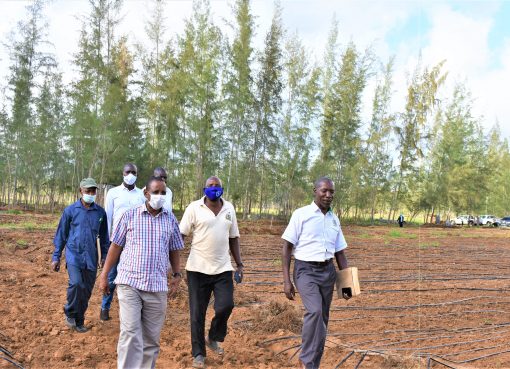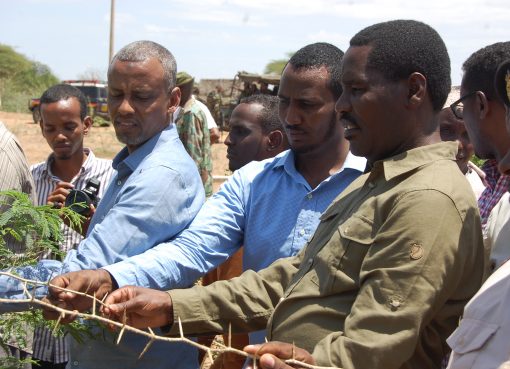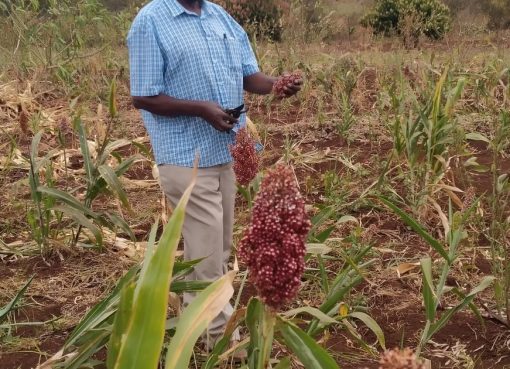Farmers from Masol and Pello Conservancies in Pokot Central Sub County have benefited from a four-year value chain enhancement project sponsored by a consortium of development partners.
Among the project’s donors are the European Committee for Agricultural Training (CEFA), E4Impact, the Northern Rangelands Trust (NRT), Amref, and the National Disaster Management Authority (NDMA).
According to Beatrice Adeny, one of the partners of the Ustahilivu Project from CEFA, they have been involved in various value chains for mangoes, honey, improved nutrition, and irrigation.
She said that for mangoes, they have been on a journey to train farmers on modern methods of establishing high-value mangoes, saying that mangoes do well in the area.
“We can agree that mangoes are a cash crop because they are fruits that do very well in many parts of West Pokot County,’’ said Ms. Adeny.
She highlighted the challenges that emerged during the start of the programme: many farmers were still cultivating poor-yielding indigenous mango species.
“For the local mangoes, their returns are still low, while for the improved mangoes that we were able to help the farmers grow, one mango rarely goes for less than Sh20,” stated Adeny.
She explained that so far they have helped provide more than 6,000 crafted mango seedlings, which have benefited many farmers.
However, she stated that they started a tree nursery at Pello and Masol conservancies, urging those in need of seedlings to visit the areas.
She mentioned that the five types of mangoes introduced to the community include Tommy Atkins, Apple, Kent, and bandaging, saying that they are happy because the mangoes do well in those areas.
Adeny added that they train farmers in modern beekeeping after realising that many of them still use traditional beehives.
“We introduced modernised beehives known as Langstroth. The advantage of this Langstroth is that the queen’s chamber is separated from the part that keeps nuclear honey, making harvesting of honey easier, unlike in traditional beehives where the queen bee can be killed,” she explained.
The programme also included training of farmers on the importance of proper nutrition by educating residents on production, choice of improved seedlings, and crop diversity that enhances nutrition among children and expectant mothers.
“We also have several irrigation schemes because most parts of these counties are arid; therefore, the project will help farmers practice irrigated agriculture without difficulties. Farmers were allocated 80 acres of land for cultivation of various food crops so that they can fulfil the objectives of the project of food security, good nutrition, and income generation,” posed Ms. Adeny.
They also facilitated men and women to form a group and opened a group savings loan account for them so that the money they get from the different projects can be invested.
Dorcas Adriano, a Project Officer at the E4impact Foundation, said their main role in the consortium team is enterprise development with a value chain approach.
“In the project, we were supporting five value chain programmes: mango, beekeeping, honey, horticulture, and fodder, whereby farmers were targeted in groups with the aim of promoting aggregation,” said Ms. Adriano.
A beneficiary David Kamama said they formed a group in 2014 with the intention of supporting the community’s livelihoods, thus reducing poverty.
“Our main objective right now is to create employment and empower women,” Kamama said.
He stated that youth were also included in the project to help curb idleness, which is prevalent in the area.
By Richard Muhambe and Agneta Chebet





